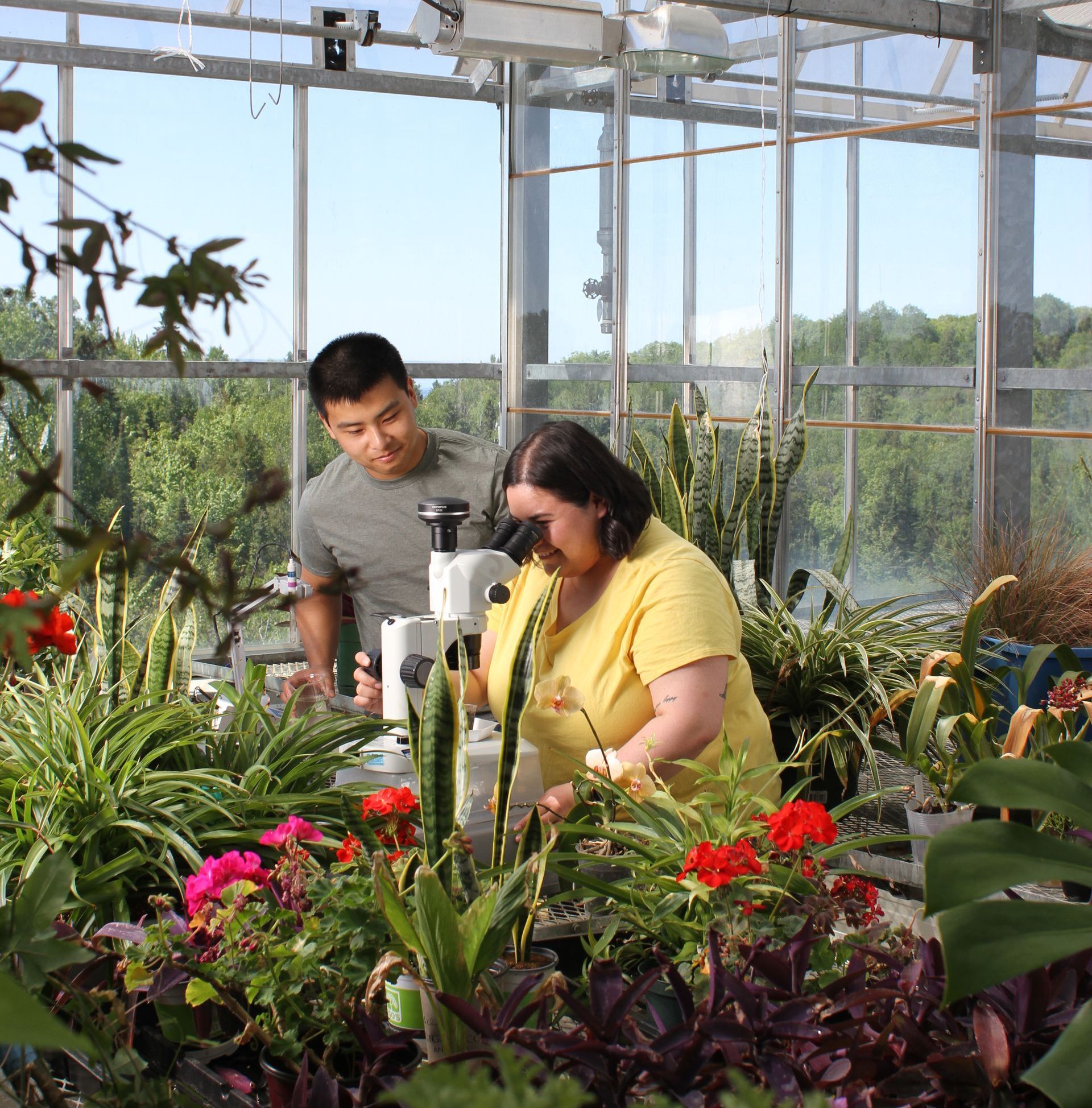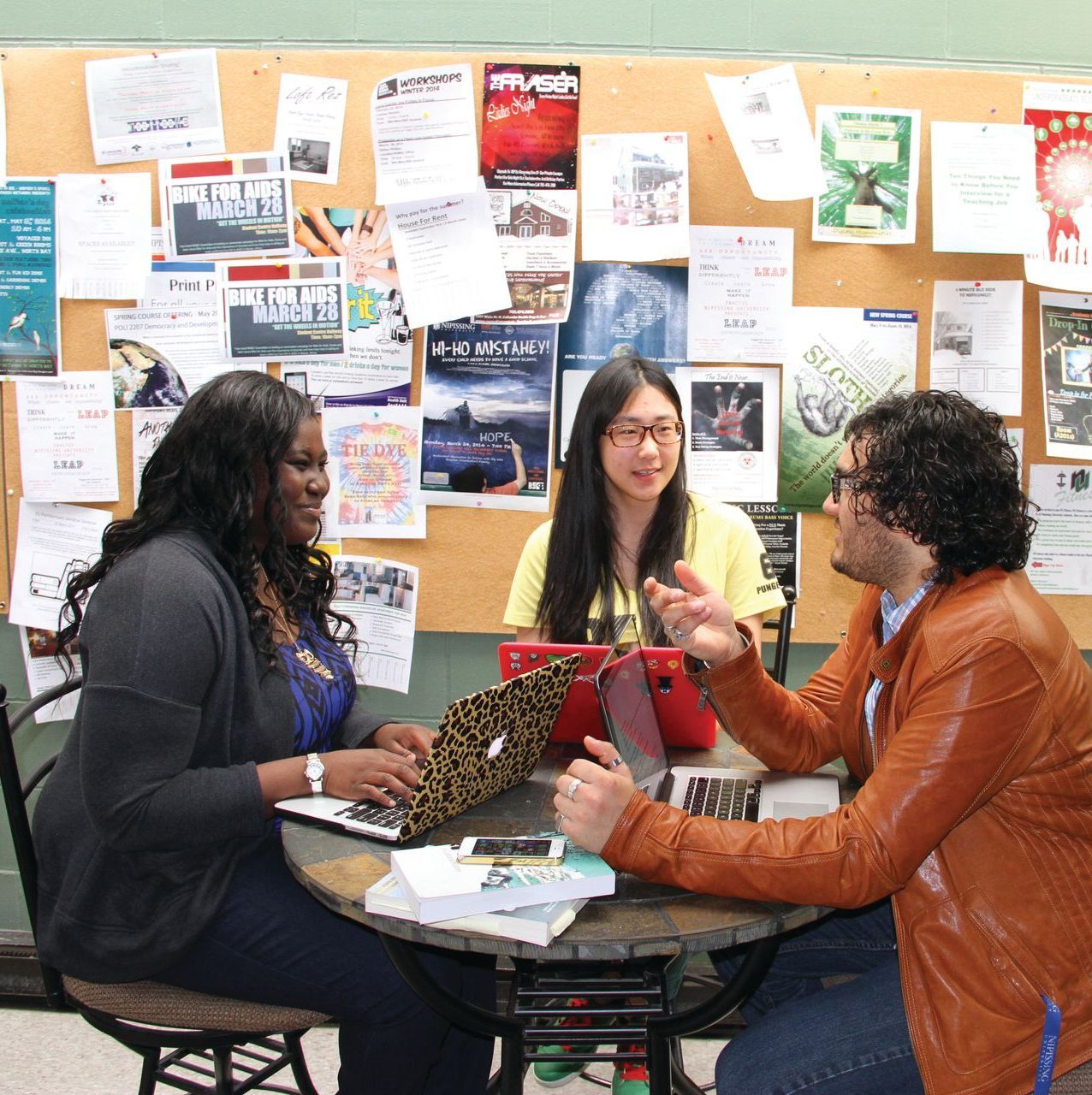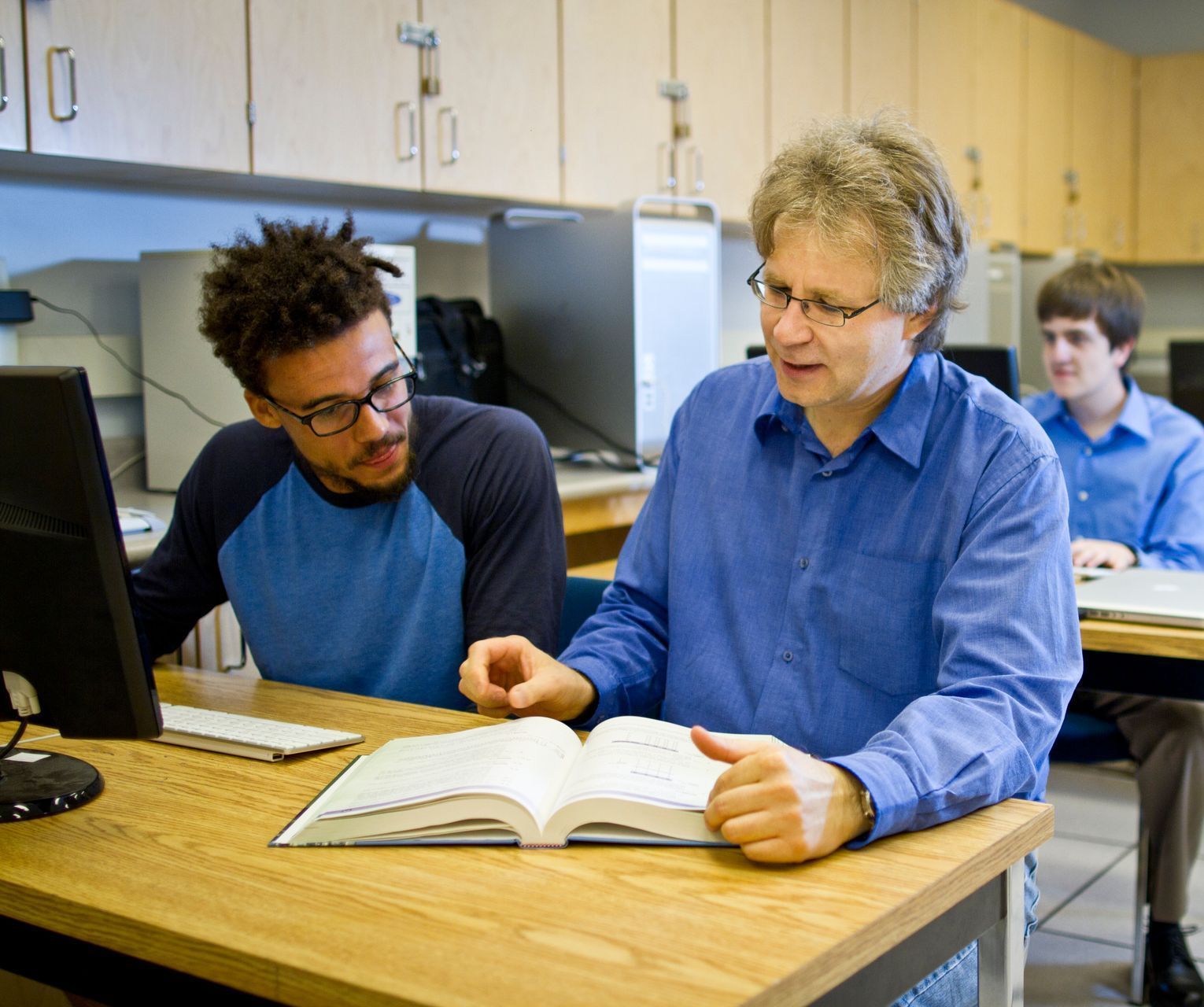Post-Baccalaureate Diploma
in Health and Social Impact
Gather The Knowledge & Skills Needed To Change The World
The 2-year International Post-Baccalaureate Diploma (PBD) in Health and Social Impact equips graduates with foundational knowledge and skills required to tackle key challenges in health and wellbeing, at the individual, family, and population levels.
You will explore institutional and system-level tensions, processes, structures, and policies; consider availability and access to resources, technologies, infrastructure, capacity of people; and examine a myriad of forces that influence health and social outcomes, including cultural, bio-psycho-social, spiritual, geopolitical, and economic factors.
Your Career
Graduates of the Post-Baccalaureate Diploma (PBD) in Health and Social Impact will have a
wide range of career options. Examples include, but are not limited to: management and frontline leadership roles in community-based organizations, not-for-profit, and public sector programs; consultancy in health and social policy analysis, programming and services, evaluation and implementation science, or applied research. This program may also appeal to those already working in front-line services, interested in progressing in health and social service and system navigation roles.
In this program, you'll learn to identify and address health equity challenges through a collaborative integration of disciplines and perspectives, with a view to balance:
- Individual and family health and social well-being in the context of social determinants, risks, and protective factors
- Influence and impact of ecological and socio-political factors, for example on laws or policies such as those related to schooling, neighbourhood, work, social, community, geographic, economic, and political environments; including the impact of colonialism
- Multi-level analyses that consider individuals, systems, regional, community, and global perspectives
- Systems level tensions and factors that shape health and wellbeing
- Ethical decision-making at the individual, process, and system levels
- Quantitative, qualitative, and mixed methodologies, including evaluation and implementation science
- Cross-cultural experiences and practices of health in understanding how health problems arise and impact individuals and communities
What Does My First Year Look Like?

The PBD in Health and Social Impact is a 2-year program with January and September intakes. Students take 36 required credits with an additional 12 credits selected from a wide range of course options.
During first year, students can expect to focus on topics like health psychology, health care and health policy, Indigenous health, health equity, health and family, and methodology/program evaluation courses. Several elective options enable students to more closely examine areas of personal interest such as healthy aging and gerontology, housing/and homelessness, urban health, or bioethics, among others. Eligible students may also elect to engage in active and experiential learning, in collaboration with our community partners.
Explore Your Diploma Course Options
Choose your courses based on what interests you most.
Some courses are required for graduation and have their own prerequisites.
View the full list of courses and program requirements for this diploma here.
Below are some courses we think you'll like!
Contagion
GEND 2286
Explore the concept and experience of contagion from a global health perspective as it pertains to historical and contemporary contexts. From health crises like the plague in the 1300’s to the SARS and HIV crises of the twentieth century, students learn how contagion has accompanied human societies like a dark shadow. Now, in the age of the internet, the phenomenon of social contagion is adding a new dimension to our fears of others.
Genetics & Society:
Our Genes, Our Choices
BIOL 3557
Examine ethical, philosophical, and religious issues raised by the rapidly advancing field of molecular biology and genetics. Topics will include an introduction to science, pseudoscience, and skepticism; the history of eugenics; the significance of the Human Genome Project; the social implications of research into the genetic basis of behaviour; issues of privacy relating to genomic profiling; genetic screening; reproductive technology and human cloning; genetically modified organisms; patent rights; xenotransplantation; and discussion of the potential and perils of increasing human lifespan through biomedical advances. Questions of resource allocation and access will also be considered. An emphasis will be placed on critical thinking, formulation of logical argument, and the recognition and personal resolution of ethical dilemmas.
The Living and The Dead
ANTH 3046
Explore anthropological perspectives on death and dying. Readings combine conceptual works with case studies drawn from a variety of ethnographic contexts, exploring topics such as: grief; death rites; burial and cremation; memorials; end of life care; the global organ trade; war, murder, and genocide; euthanasia and suicide; and death and mourning in the digital age.
The Opioid Crisis
GEND 3357
Examine the complex health and social impacts of opioid use as well as public health strategies for reducing harm. Opioids killed nearly 14,000 and hospitalized close to 17,000 Canadians between 2016 and 2019. The COVID-19 pandemic significantly expanded and accelerated these losses representing a parallel if largely invisible public health emergency.
Bio-Ethics
PHIL 2716
Examine bio-ethical issues emerging in therapy, research, public policy, and law. The course will include a brief discussion of perspectives in moral philosophy; however, the bulk of the course will deal with specific debates within bio-ethics. Topics to be discussed may include the role of well-being and care in moral argumentation; the moral significance of biological life; patient autonomy and questions of competence and consent; cultural diversity and medical ethics; end-of-life issues, such as euthanasia and the definition of death; abortion; genetic manipulation, screening, and eugenics; the ethics of medical experimentation and research; the question of a right to healthcare; and the application of principles of distributive justice to scarce medical resources.
Strange Bedfellows: Politics and Healthcare
POLI 3046
Examine the political evolution and origins of health and healthcare. Healthcare systems and policies are considered in the context of the modern state and corresponding ways that healthcare is politically financed and delivered. Students engage critical, comparative and philosophical approaches to questions of human health in Canada and around the world. The proliferation and safety of new drugs, controversies around new categories of diagnosis, and the growing influence of biotechnology are among the issues explored.
Urban Health
GEOG 4237
Explore the influence of urban environments on human health and well-being. Topics will include urban-rural health differentials, urban health in the developed versus underdeveloped world, vulnerable populations, urban pollution, and the potential health impacts of urban design.
Health Psychology
PSYC 2506
Examine and evaluate the research in various areas of health psychology; explore the psychological aspects of medical settings, issues related to conducting health related psychological research, issues around successfully adhering to medical advice, defining and measuring stress, coping with pain, the psychology of diet and exercise, and behavioural factors associated with cardiovascular disease, cancer, smoking and drugs.
Apply for This Diploma
International students must apply through the OCAS International Application Service Applicant Portal. Email internationaladmiss@nipissingu.ca for more information.
Or find us on the map.
Admission Requirements
Students must have an undergraduate degree with a GPA of 70% or higher and meet English language proficiency requirements. Some exceptions do apply, visit web page for more information.


Want More Information?
Leave your email and stay up to date with Nipissing University!
Why Choose Nipissing?
At Nipissing University, we believe our small size is one of your biggest advantages. Our focus on student success is consistently recognized with top rankings in Canada in the areas of student support, student experience, faculty, and residences.
Our personalized and innovative approaches to teaching create a high-quality learning environment where you can engage in lively debate and discussion with your peers and faculty.










